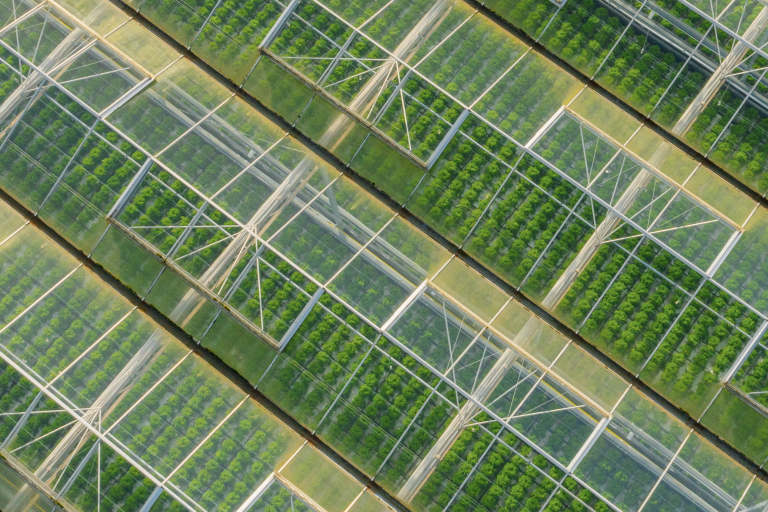Foreword
Three years ago, we began investigating what made certain businesses Fit for the Future and, by extension, what made them successful. A lot has changed since that first round of research. Each year since, we’ve explored how the challenges facing businesses have changed – and this year is no exception.
We’ve entered a new period marked by successive crises. As our latest research reveals, it will be those Fit for the Future businesses that will lead their industries through these challenging times. They already have a clearer vision and a more holistic view of one of the most critical issues of our time: sustainability.
Sustainability is a growing concern for us all and remains high on the agenda for many businesses, but progress has stalled. A majority of organisations claim that while it remains a strategic goal, efforts have been hampered by economic concerns. Many are focused more on fulfilling customers’ perceived expectations for faster service and higher quality products than long-term sustainability initiatives.
However, sticking to sustainability goals, despite possible short-term impact, is not only better for the planet, but also better for businesses themselves.
Our latest research confirms what we’ve long suspected: that what’s good for business can be good for sustainability, and vice versa. Last year, we discovered that making just a small improvement to your Fit for the Future score was associated with a higher Environmental, Social and Governance rating. And, as you’ll see in this report, it is those businesses actively working on sustainability that are now attracting more potential investment.
Add to this the fact that Fit for the Future businesses proved generally better able to deal with pandemic impacts, and it’s clear that being prepared and adaptable are key markers of a successful business.
This year, we’ve also seen a growing appetite for collaboration in meeting sustainability challenges. Many businesses now see climate change as inevitable, and they see businesses and industries working together as key to adapting to it. Forging these new links and creating a sustainable ecosystem will be a core aspect of our global climate response. Even collaborating with competitors to help protect the environment, as a united front, is now within the realm of possibility.
Businesses also agree that technology is going to be a crucial driver of change – and we’re excited by the prospect of helping more businesses make the most of next-generation technology.
Importantly, we’ve learned that ‘sustainability’ means different things to different people, ranging from building resilience to reducing emissions. Whatever sustainability means to you, it’s true that investors are showing growing interest in these projects. We can only see this as an encouraging sign.
Today, Fit for the Future businesses are acting as pathfinders for others. They have a clear vision and a rounded sustainability strategy. They are looking beyond their own footprint to make a positive impact everywhere, and greater opportunity is their reward.
As business leaders, we’re each on sustainability journeys of our own. But, more and more, we’re realising that sustainability is a shared commitment and that being Fit for the Future will help businesses to progress in this area, together.




